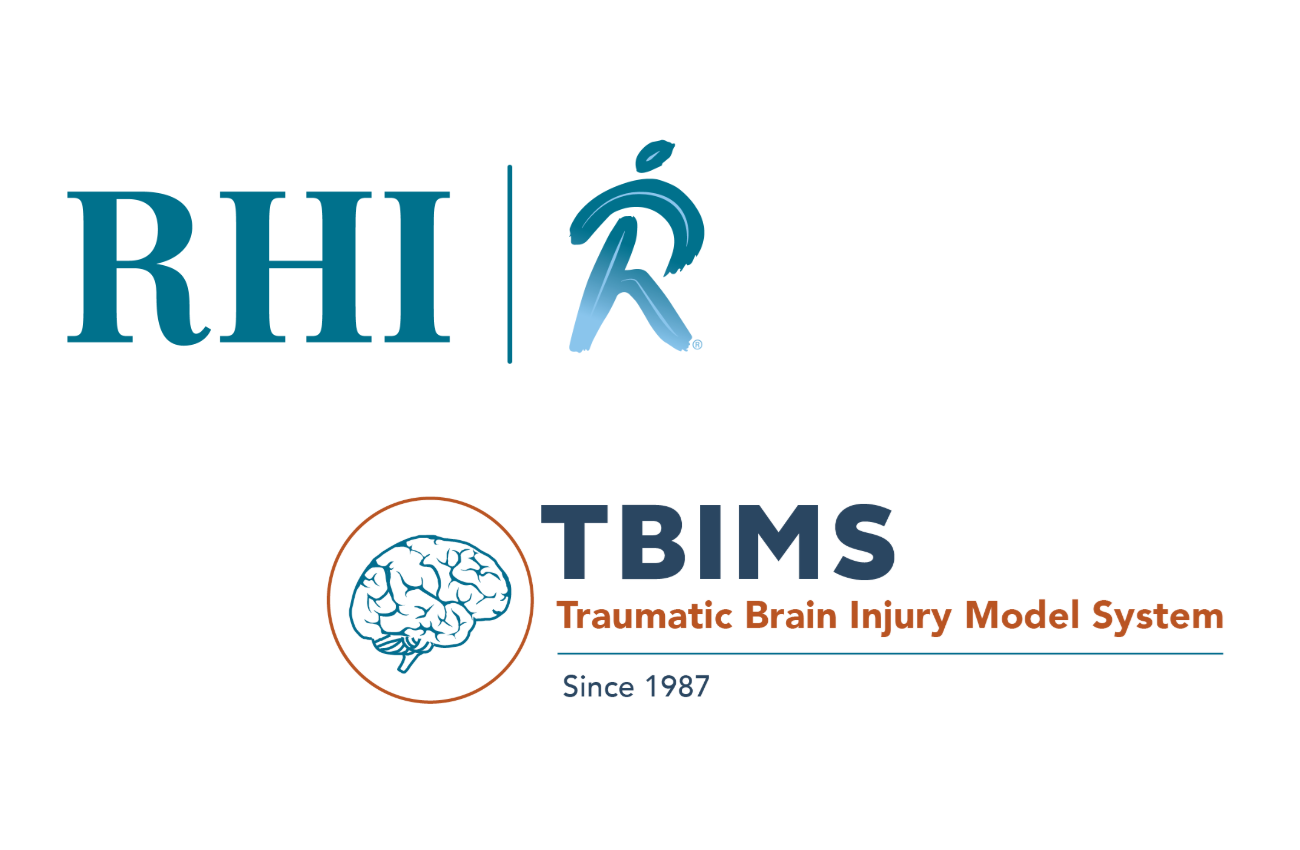RHI and TBIMS Celebrate Over 10 years of Collaboration

INDIANAPOLIS – The turn of the new year marks over 10 years of collaboration between Rehabilitation Hospital of Indiana (RHI) and the Traumatic Brain Injury Model System (TBIMS). Known as the largest longitudinal TBI study in the world, TBIMS has made a lasting impact on the TBI population and has helped in the development of many new treatments and therapies.
Funded by the National Institute on Disability, Independent Living, and Rehabilitation Research (NIDILRR), TBIMS is a study that collects information from individuals who have experienced a traumatic brain injury (TBI) to assist medical professionals with providing the most helpful services when addressing the needs of their patients. The main goal of the study is to cultivate and maintain a database of information to help better understand the short- and long-term effects of TBI and factors that influence recovery.
The database, known as the National Database or NDM, is managed by the TBIMS National Data and Statistical Center. Information from this database is disseminated through the separately funded Model Systems Knowledge and Translation Center to stakeholders, including persons with TBI and their families, researchers, clinicians, and policymakers.
With over 22,000 TBIMS participants nationwide, data is constantly being entered and used to help drive new treatments and resources for people with TBI. Currently, there are more than 30 fact sheets curated to cover many topics including chronic pain & TBI, relationships after TBI, and sleep & TBI.
As one of the 16 participating TBIMS centers, RHI has had the pleasure of contributing our own data and findings to this study. Some of these findings include irritability and anger after TBI, a study that dives into the reasoning that anger after brain injury may be due to misinterpreting others’ actions; as well as empathy and emotion perception after brain injury, a study sharing information about how recognizing emotions and empathizing with others can often be impaired after a brain injury.